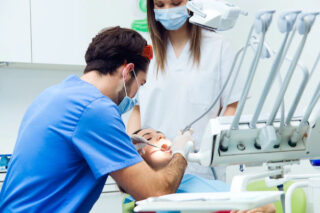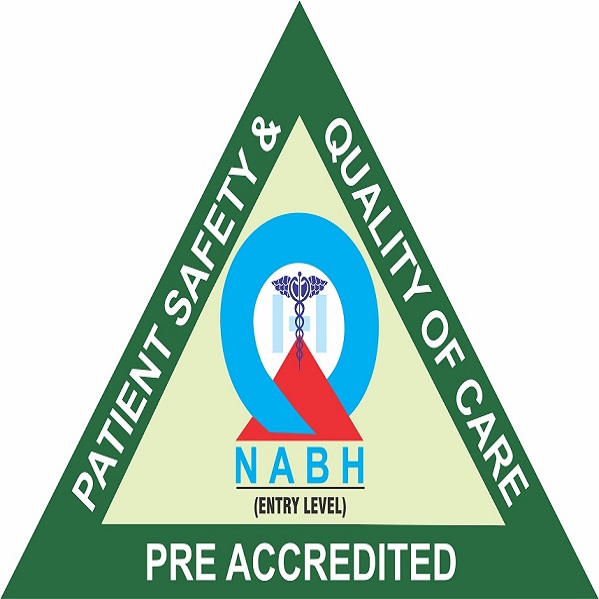The best dental institute in Gwalior :
AHRI The best dental institute in Gwalior provides the best laser treatment to its patients. Under the leadership of Dr. Rohit Agrawal, who himself is an acclaimed dentist having experience of more than a decade.
Lasers have come up as a boon in the field of dentistry. Now a wide range of dental problems like hypersensitivity, plaque, tooth decay, etc can be effectively treated with the help of lasers. Laser dentistry is comfortable, nominal at cost and time-saving as well.
It is hard to assume that even the most critical dental treatments can take place without any pain. Laser dentistry comprises this merit. Treatments by lasers are completely painless. Lasers are all about light beams-beam of light are transmitted while the treatment goes on. Due to this, there remains no chance of bleeding or swelling. Also, it is comparatively faster than conventional methods and therefore allows the wounds to heal quickly.

Laser dentistry has no scope of any subsequent infection even in the most critical surgeries. One more merit of lasers is the accuracy of operation. While performing any treatment procedure on a particular portion, the surroundings are not at all affected in any way.
AHRI Gwalior provides the best laser treatment to its patients. Under the leadership of Dr. Rohit Agrawal, who himself is an acclaimed dentist having experience of more than a decade; the center has been successfully conducting several dental surgeries and treatments through lasers. Treatment at AHRI is cheaper, advanced and accompanied by the best possible care. This blend of advancement with service makes AHRI the best dental institute in Gwalior.




